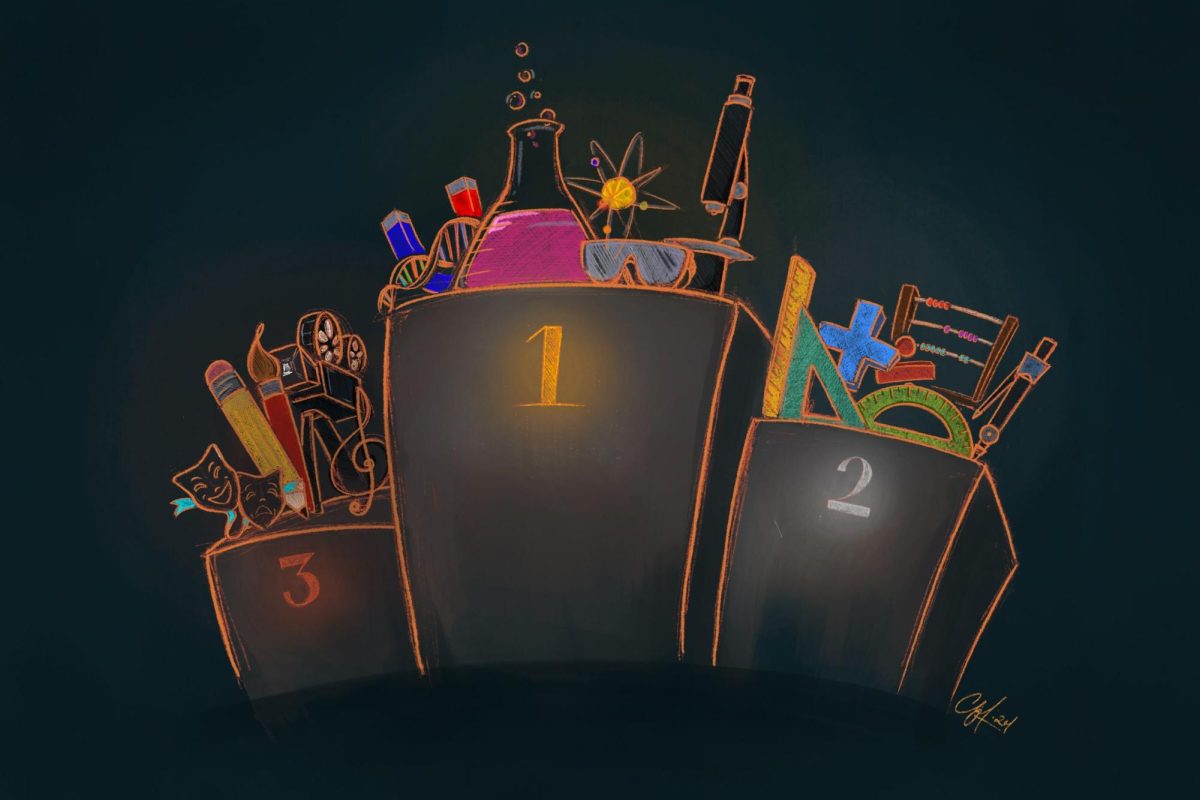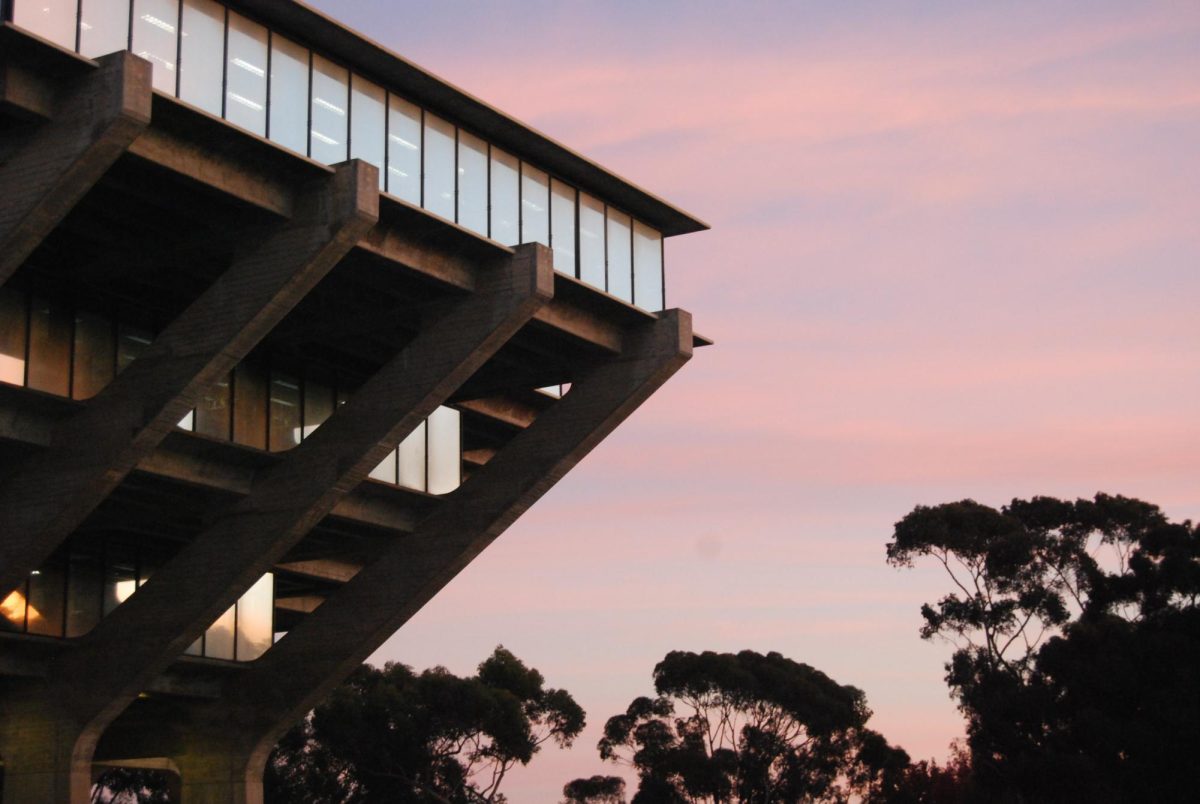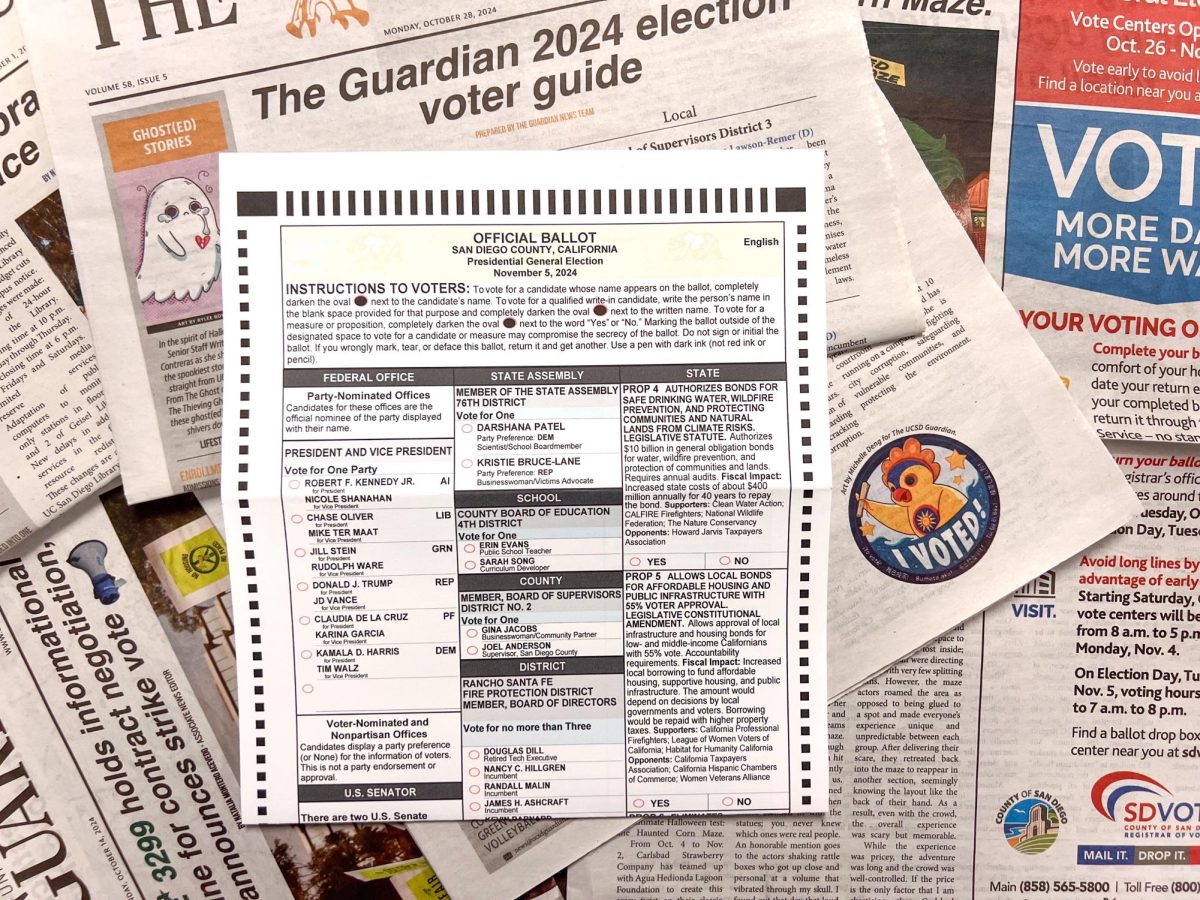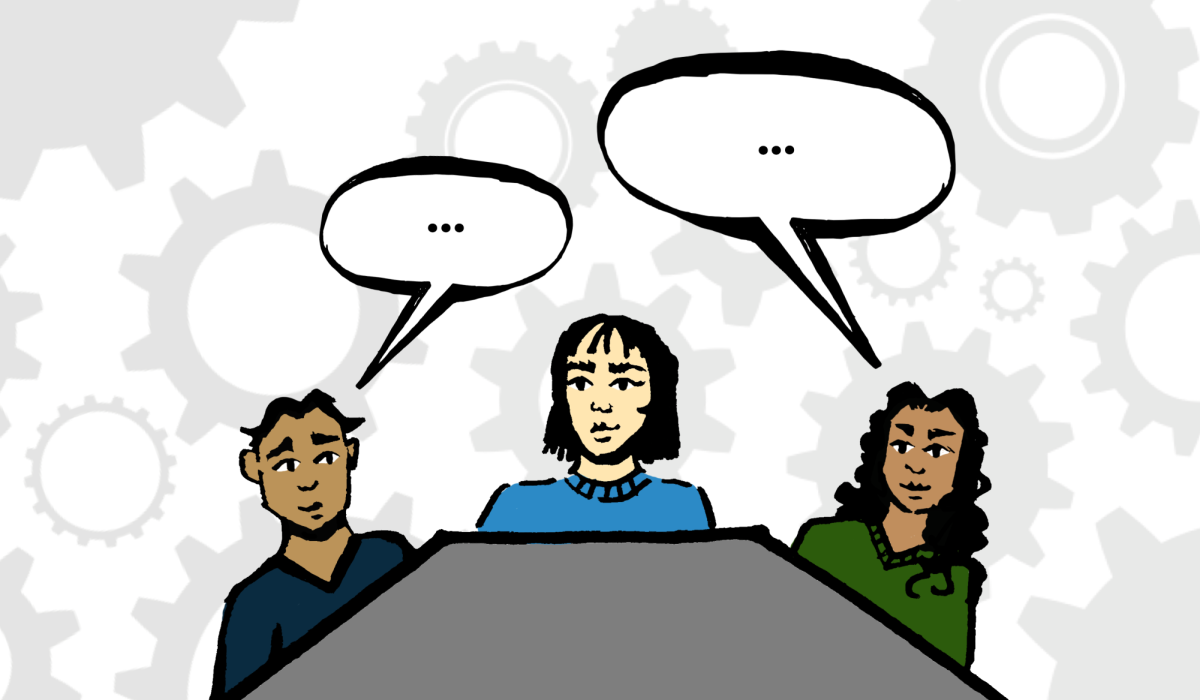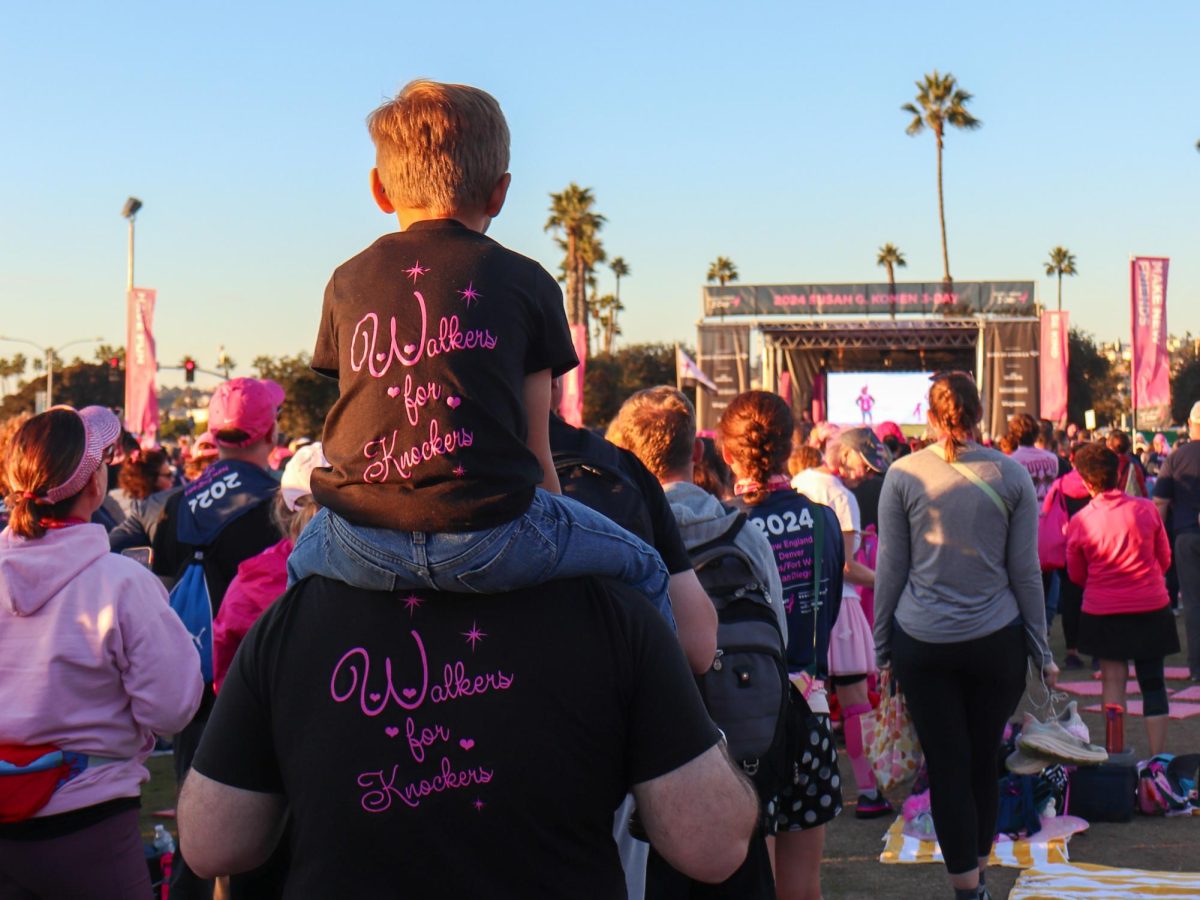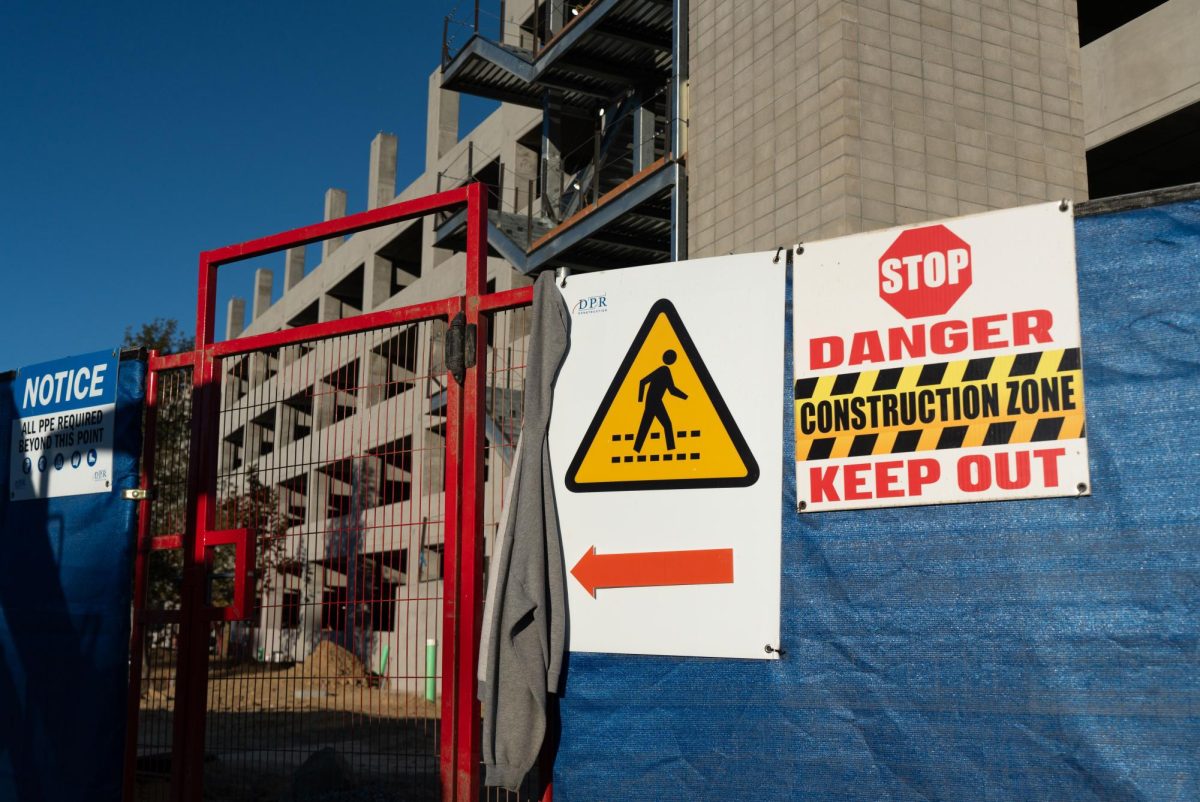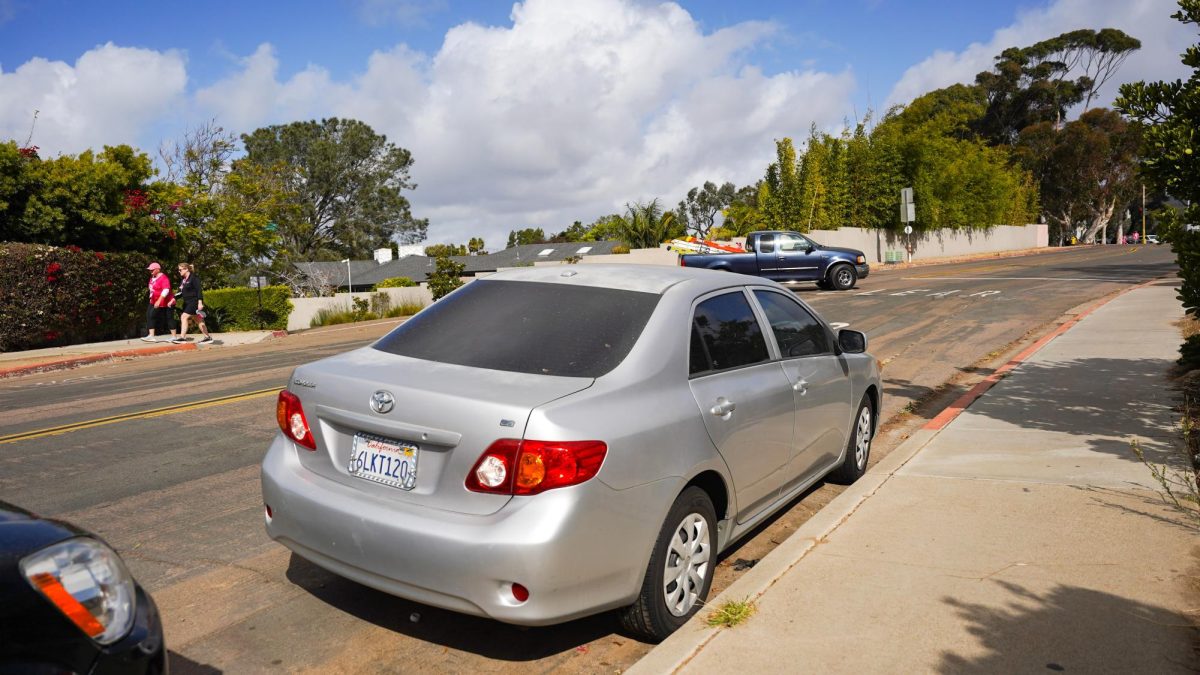Science, technology, engineering, and mathematics — also known as STEM subjects — are essential to UC San Diego’s academic and institutional success. UCSD’s STEM fields are nationally recognized for the many opportunities they provide to students, with many departments among the top-ranked in the nation.
However, for students pursuing a non-STEM degree, this emphasis on STEM subjects can create an isolating atmosphere that — combined with the competitive and comparative academic environment at UCSD — uniquely affects their college lives.
Some students have been so deeply impacted by the stigma that it has driven them to change the trajectory of their education. First-year Kelsey Sutch entered university pursuing a Bachelor of Arts in environmental policy but is now switching to a public health Bachelor of Science.
“I’m not someone who’s very good at STEM, so that’s why I was initially captivated by [pursuing] a B.A.,” Sutch said. After arriving at UCSD, however, Sutch faced more pressure to go into STEM. “Even though I go to this school and would regard myself as relatively intelligent, I feel like people perceive me as less intelligent because I was taking a B.A. versus a B.S.”
This culture at UCSD has further led Sutch to believe that a degree from UCSD would be more worthwhile if it were in a STEM field.
“I realized I have to take all of these science classes anyway, and I know that UCSD, in general, is a really good school for STEM, so I switched [to a B.S.],” Sutch explained. “I feel like having a B.S. is not only gonna be more impressive for my future employers but also currently makes me feel better that I’m doing something that feels more impressive.”
Other students — though they have experienced similar stigma — have remained steadfast in their decision to pursue a humanities degree, such as Mia Piran, a first-year communication major.
“I definitely feel like STEM majors are more valued at the school and seen as more important [than non-STEM majors],” Piran explained, going on to say that this hasn’t impacted her perception of her major. “I don’t think people judge [me] for being a communication major, but I do think that they think it’s easier.”
First-years face a uniquely dynamic and uncertain academic experience, given that so much does not yet need to be decided. This hyper-competitive “majorism” culture is an influential part of their decision-making process.
Cami Inadomi, is currently an undecided first-year. Many of her peers have commented on her undeclared status in a condescending way, despite not even knowing what classes she is taking.
“When I tell people that I’m an undeclared major, they’re kind of like, ‘Oh, okay, interesting,’ and they think that I’m not really doing anything. People have a perception that I’m taking really easy classes that don’t mean anything just because I don’t have a major,” Inadomi said.
Inadomi explained how these comments make her feel academically inferior to her peers, despite the fact that they go to the same school.
“People have said things along the lines of, ‘You’re so lucky you don’t have any hard work; it must be nice to be undeclared,’ or ‘I’m not free today because I actually have work to do,’ implying that I don’t have any work because I don’t have a major yet,” Inadomi added.
Many students share this sentiment of feeling pressure and judgment from their peers, and they feel that this disparate treatment comes from both the university and other students.
In fact, even though many believe that UCSD is a STEM-dominated school, as of the 2020-21 academic year, only 58% of students were pursuing STEM majors. Despite such a small discrepancy, many humanities students still feel underserved in comparison to STEM students.
Though UCSD offers countless opportunities for all students, from internships to research, these opportunities are not advertised equally across departments. For example, under the “Research Experiences” tab of the UCSD website, eight of the opportunities listed are exclusively for STEM majors, while only two are available to non-STEM departments.
“I get a lot of emails about certain [opportunities] that are available, but a lot of them are STEM-related. So, if [we] put the same effort into talking about non-STEM things, I think that can help open up the conversation,” Inadomi said.
In order to resolve this issue, Inadomi believes that change can come from the students first — whether it is changing the way STEM majors perceive non-STEM majors or the latter changing the way they see themselves. Inadomi’s personal philosophy is to keep an open mind, especially for her fellow first-year students.
“Everybody’s figuring out what they want to do in college, and you don’t really have to have an idea [of what you want to do] going into it,” Inadomi said. “But I don’t think you should feel discouraged about being a certain major at a certain school because you’ll still have a bunch of great academic opportunities.”


